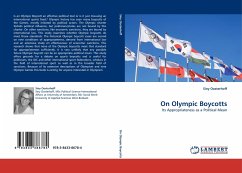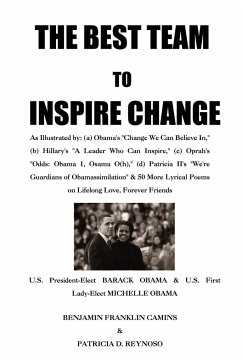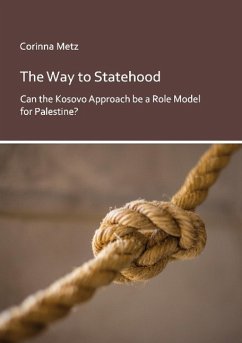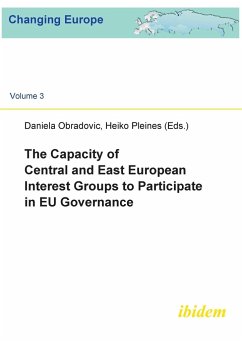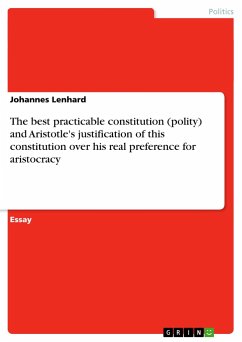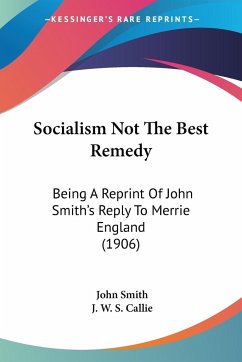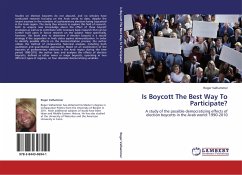
Is Boycott The Best Way To Participate?
A study of the possible democratizing effects of election boycotts in the Arab world: 1990-2010
Versandkostenfrei!
Versandfertig in 6-10 Tagen
39,99 €
inkl. MwSt.

PAYBACK Punkte
20 °P sammeln!
Studies on election boycotts do not abound, and no scholars have conducted research focusing on the Arab world to date, despite the recent increase in the numbers of parliamentary elections being boycotted in the Arab region. The study thus intends to explore this field of research, both to acquire new knowledge about the effect of these boycott strategies as well as to contribute with necessary basic research that can be further built upon in future research on the subject. More specifically, however, this book aims to determine if election boycott is a sound strategy if the opposition in Ara...
Studies on election boycotts do not abound, and no scholars have conducted research focusing on the Arab world to date, despite the recent increase in the numbers of parliamentary elections being boycotted in the Arab region. The study thus intends to explore this field of research, both to acquire new knowledge about the effect of these boycott strategies as well as to contribute with necessary basic research that can be further built upon in future research on the subject. More specifically, however, this book aims to determine if election boycott is a sound strategy if the opposition in Arab states aspires democratization. In order to identify possible effects on the democratization process, the author utilizes the method of comparative historical analyses, including both qualitative and quantitative approaches. Based on an examination of the boycotts of parliamentary elections in the Arab region during the time period 1990-2010, the author tests and analyses the effects of election boycotts, defined as either minor or major boycotts, operating in two different types of regimes, on four dissimilar democratizing variables.



